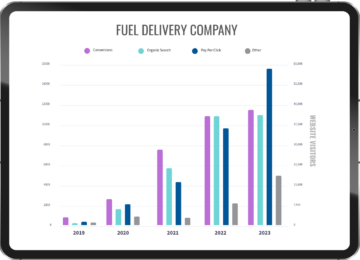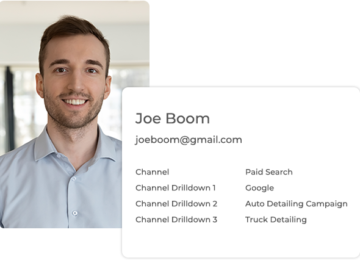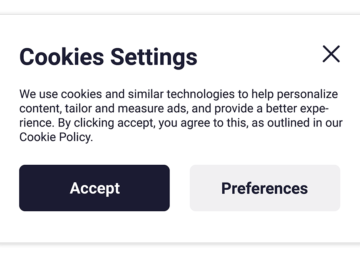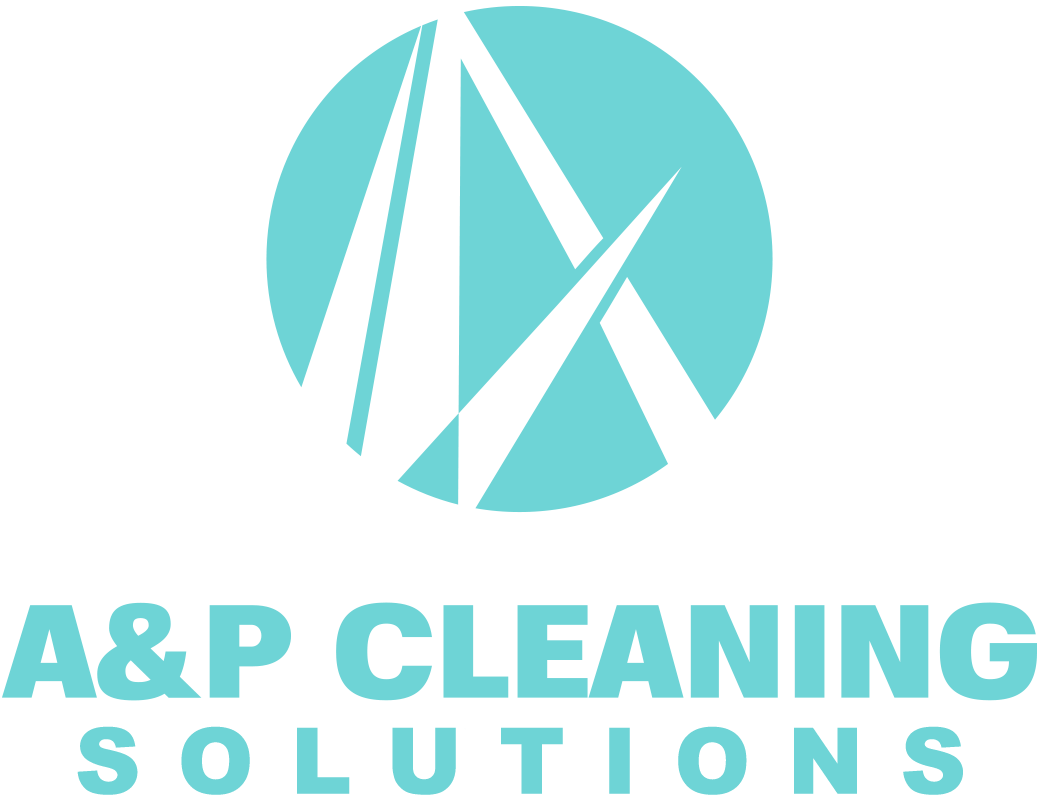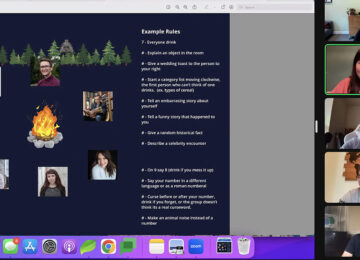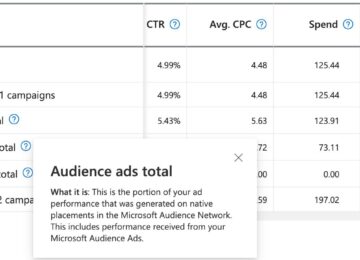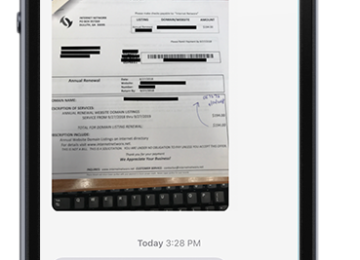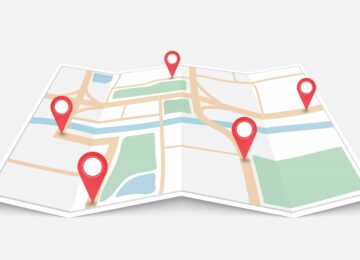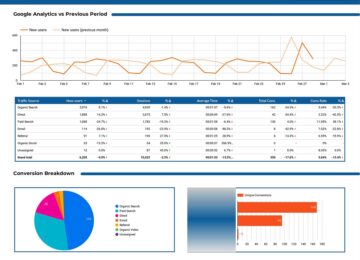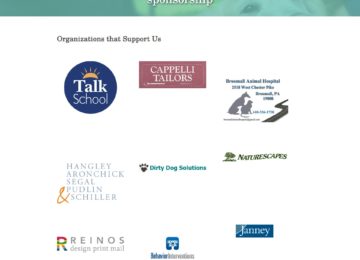SEO & PPC Tips for Industrial Companies
Search engine marketing can be a great source of leads for manufacturers and other industrial companies. While search volume for potential customers is often low, the value of the customers is usually very high. Competition is often low for niche products and services so smaller businesses and less established websites can still have success. This article reviews best practices for manufacturers, wholesalers, businesses with B2B products and services, or companies with niche products and services.
Keyword Research
You know your audience is small, so when you see a higher volume estimate, it often is not a good sign. It can mean that the keyword has mixed intent with some other consumer product. Don’t be afraid to go after keywords with very low volume.
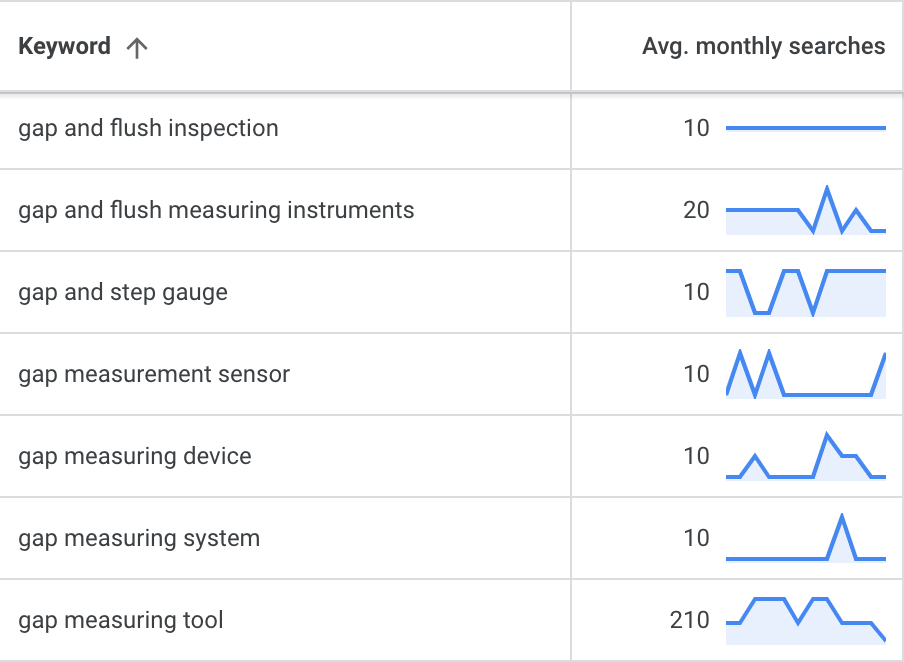
“Gap measuring tool” looks like an appealing target on this list. But in this case, there is a separate audience of basic construction gap measurement tools that are far less expensive than our client’s industrial gap measurement device. Choosing longer tail searches that better match the technical language of our target customer like “gap and flush” is the better choice.

This screenshot from Google Search Console shows the clicks and impressions for these two keywords over the past 28 days. Prioritizing these keywords with just 10 or 20 estimated searches a month might not feel like much traffic, but keyword estimates are often inaccurate, and much lower than actual search volume. Based on our website impressions for these keywords, the search volume is clearly much higher than 20 searches per month.
Even some keywords that do not register in Google’s keyword research tool are worth pursuing, especially if you see them show up as a predictive search when you begin typing them into the search bar.
Understand Search Intent
For every keyword you decide to target, it is important to search it yourself and review the top results. Ask yourself, does my website belong on this list? If the results are filled with shopping results and you want to generate leads via a form, you might have trouble ranking organically or converting with Google Ads. If all of the results are educational and your landing page is built to drive leads you might consider adding educational information to improve your organic ranking. If every brand at the top of the results is a multi-billion dollar business, that keyword may be too competitive for your website to rank organically or clicks may be very expensive with Google Ads. Refine your target keyword list to include realistic targets where the results are similar to your landing page.
Google Ads
Automatic vs Manual Bidding
Choosing a bid strategy is a critical decision in Google Ads. Google heavily encourages advertisers to use their automatic bid strategies like “maximize conversions” or “maximize conversion value.” The issue with industrial and manufacturing companies is that lead volume is often too low for these automatic strategies to work as they should. Google’s automated bids work off of historical conversion data to determine keyword bid levels. The less conversion data they are given, the harder it is for them to outperform old-fashioned manual bidding.
Manual CPC is often the best way to start a campaign. If your campaign exceeds 10 conversions per month it is worth testing out an automatic strategy like target CPA. Manual bidding takes a lot more work, and you need to closely manage adding negative keywords, but it often outperforms automatic bidding in low conversion accounts.
This example is from a client who sells a piece of medical equipment.
| Strategy | Cost | Conversions | CPA |
| Manual CPC | $1675 | 21 | $80 |
| Target CPA | $1973 | 12 | $162 |
Ensure Clean Conversion Data
Regardless of whether you use manual or automated bidding, you will be making your bidding decisions based on precious conversion data. It’s important to ensure your conversions are free of things like spam, job seekers or low-value inquiries.
Contact forms are the most common type of conversiona for high-value and customized products and services. While it’s important not to ask for too much information in these forms, conversion rates are not affected by adding a few simple dropdowns or checkmark options. For example:
- What product/service are you interested in?
- What type of person/company is making this inquiry?
- How much of this product or service are you looking for?
These answers can be used to conditionally count forms as conversions. It is important to rule out unqualified leads from the conversions imported to ads like:
- Spam/vendor inquiries (all those guys offering you crappy digital marketing services)
- Job seekers
- Residential or lower volume inquiries that are not qualified customers
Clean conversion data will let you bid or help Google automatically bid on the right type of inquiry for your business.
Ad Copy and RSAs
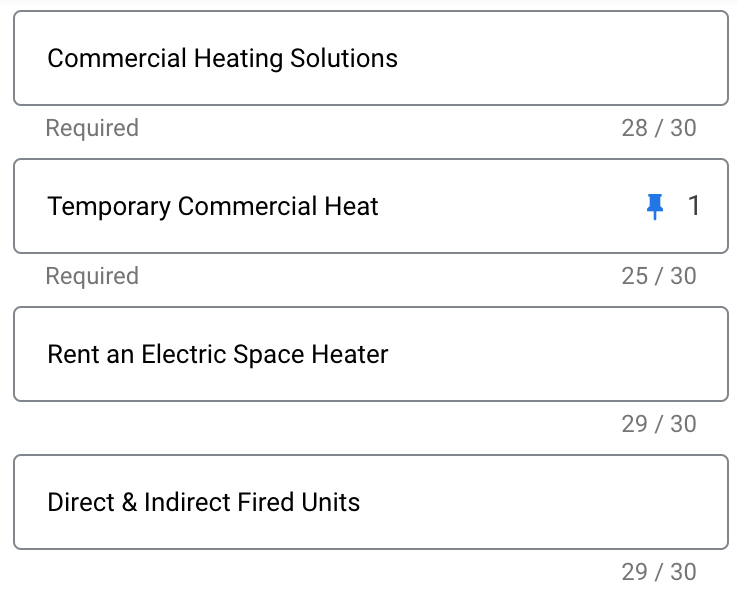
In this example, a headline indicating it is for commercial use is pinned in the first position. Without pinning, the headline “Rent an Electric Space Heater” can easily be combined with other headlines that don’t mention “commercial” and result in a residential audience clicking on the ads.
SEO
Google Business Profile & Other Business Listings
In many cases, manufacturers have a national customer base and aren’t so focused on a local presence. But it still is useful to ensure that local directory websites, like Google and Bing, are filled out with accurate information. Many large companies ignore these sites, which means ignoring a nice backlink and the ability to control the information that is shown about your business.
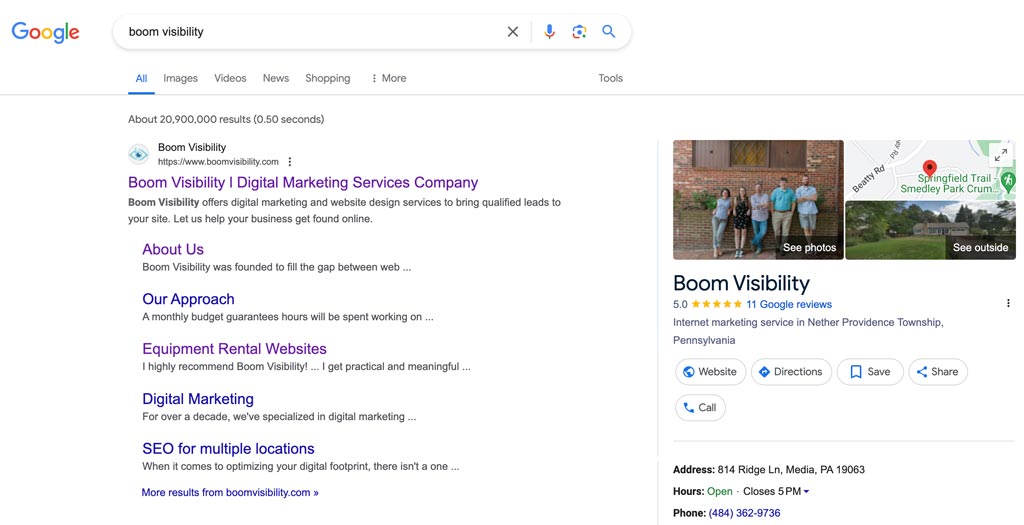
We didn’t want to pick on a particular brand, but we often see national brands with a variety of issues, for example:
- Old business name or contact information
- Little to no reviews to insulate the brand from a single bad review determining its star rating
- Dated or no photography
Outside of local directories, it’s a good idea to explore industry-specific websites. Are you a member of any association? Does your business have any accreditations? These other companies may have a directory on their website where they will list you and link to your website, which is another win for SEO.
Potential customers will Google your brand name and these business profiles will appear in the results.
Building Topical Authority
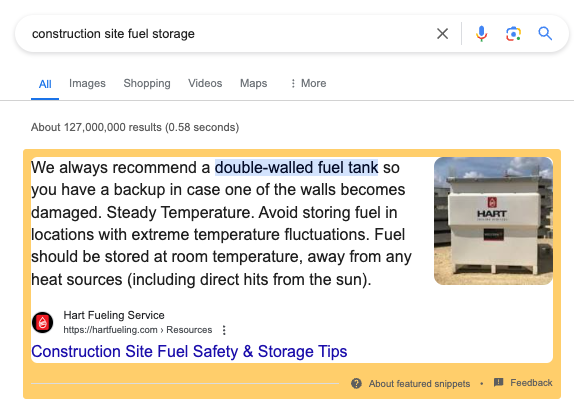
The best way to do this is to answer questions that former or potential clients mainly ask. By providing valuable answers to common questions that are asked within your industry, you can demonstrate your expertise and build trust with your audience.
Consider creating a FAQ section on your website where you address these inquiries in a detailed and informative manner. This will not only help potential customers find the information they need but also will signal to search engines that your website is a reliable source of information.
Not all questions are equal, though. So, feel free to create long-form content with questions that require a more detailed answer.
Measuring Success with Analytics
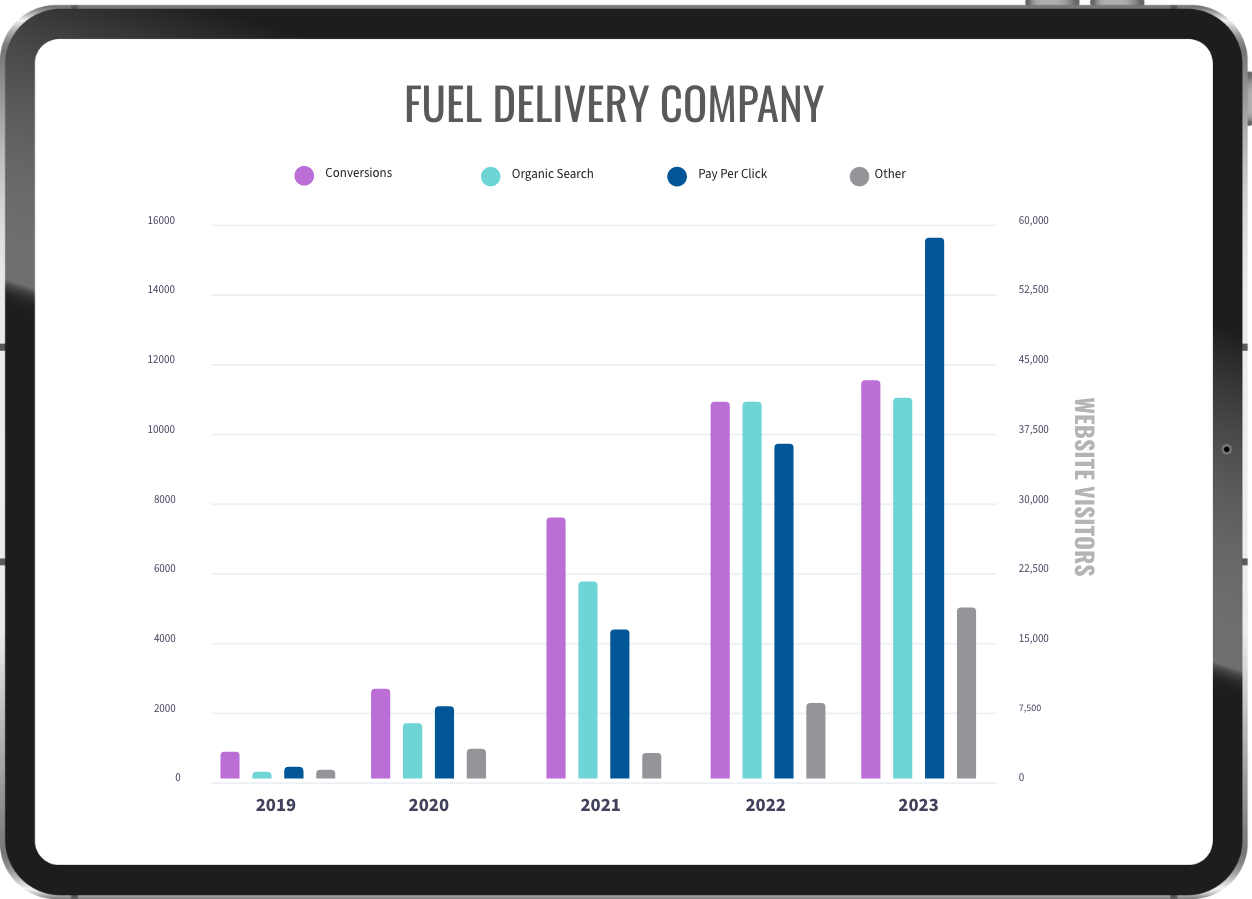
Google Analytics is a powerful tool that can provide valuable insights into how well your website is performing. By using Google Analytics, you can measure the success of your website and make informed decisions to improve its performance.
Looking at analytical data can be overwhelming, and at the end of the day, sales are what truly matters. Analytics helps identify which pages on your website are weak in terms of conversion rate, engagement time, etc.
At Boom Visibility, all of our clients receive a monthly analytics report to help with the overall digital marketing strategy. If you are interested in learning more about our services for industrial products or services, contact us.

